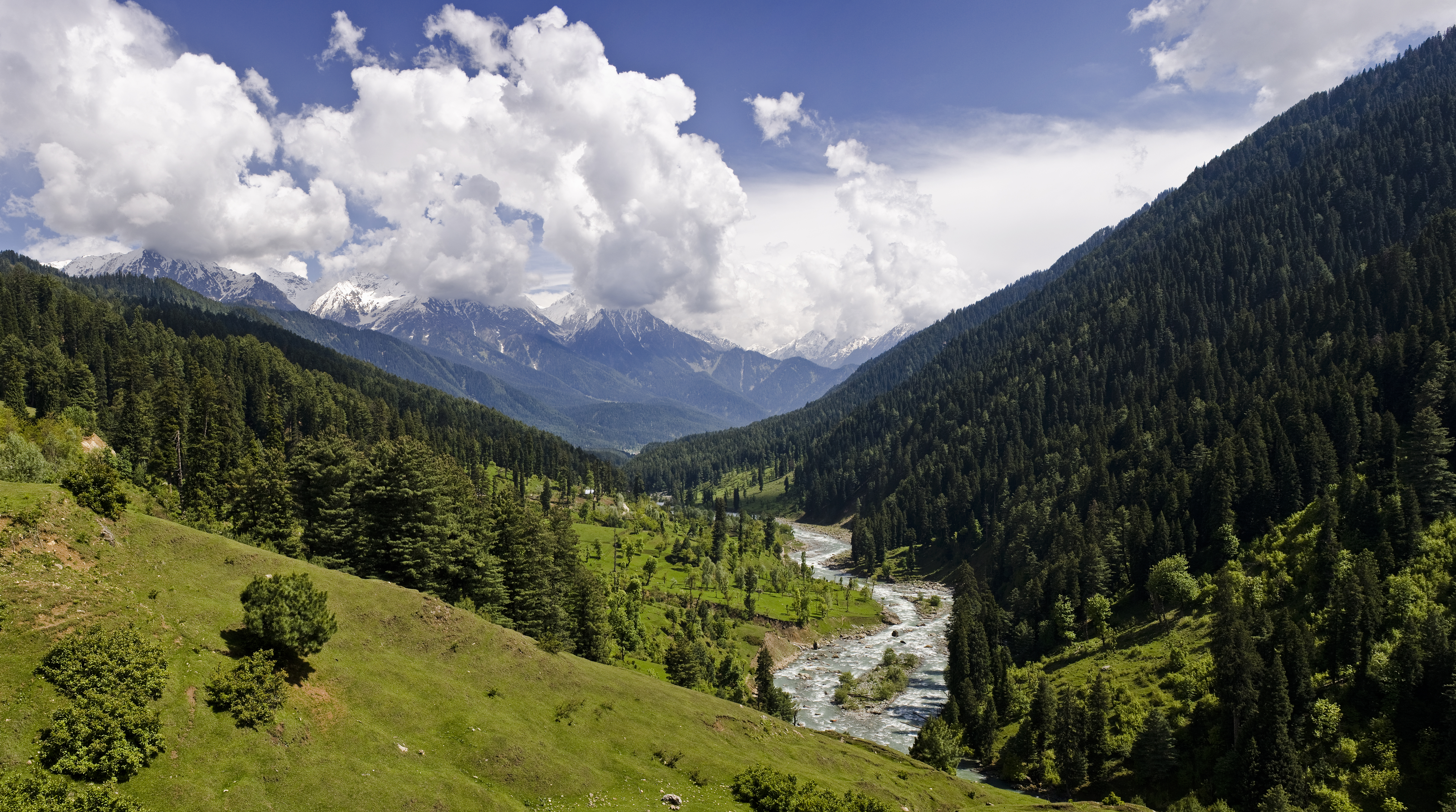
The Lieutenant Governor, Manoj Sinha, currently holds the authority to nominate two individuals to the Jammu and Kashmir Legislative Assembly. This provision, introduced after the region was bifurcated into two Union Territories in 2019 following the abrogation of Article 370, has been a point of contention among the opposition, who view it as an affront to the mandate of the people. The political landscape in Jammu and Kashmir has been fraught with complexities since the state was stripped of its special status, and the move to grant the Lieutenant Governor more authority has only added fuel to the already volatile situation.
Critics argue that the nomination process will be exploited to benefit the BJP, which has been trying to expand its political foothold in the region. The Congress, NC, and PDP have expressed concerns that the party in power at the Centre could use the nominations to influence legislation in its favor, diminishing the role of elected representatives. "This is not just a procedural formality," a senior Congress leader was quoted saying. "It is a direct attack on the democratic fabric of Jammu and Kashmir."
The National Conference, led by Farooq Abdullah, has been vocal in its opposition to the expanded powers of the Lieutenant Governor. Abdullah, a former Chief Minister of Jammu and Kashmir, has frequently highlighted the significance of safeguarding the region’s unique political identity, which he believes is being eroded. "The move to allow the Lieutenant Governor to nominate members is an attempt to control the narrative in the assembly," said an NC spokesperson. According to party officials, the BJP's attempts to dominate the political landscape through indirect methods such as nominations is seen as a long-term strategy to establish a stronghold in a region where it has historically struggled to gain significant electoral traction.
Mehbooba Mufti, the leader of the PDP, has also been a prominent critic of the nomination powers granted to the Lieutenant Governor. Mufti, who has consistently opposed the constitutional changes introduced in 2019, views this development as another step toward centralizing control over Jammu and Kashmir. "The BJP is using these legal provisions to undermine the will of the people," she remarked in a statement. Her party, like the Congress and NC, sees the nominations as a means for the central government to install individuals sympathetic to its agenda, which could sway legislative decisions in the BJP’s favor, further sidelining regional parties.
The BJP, on the other hand, has defended the provision, arguing that the nominations are necessary to ensure proper governance in a region that has seen its share of political instability over the years. BJP leaders claim that the Lieutenant Governor's role in nominating members to the assembly will help in the representation of communities and individuals who may not have a strong political presence but play a vital role in Jammu and Kashmir's development. They maintain that the provision is constitutional and in line with the administration of Union Territories.
However, this explanation has not quelled the concerns of opposition leaders, who view the move as a broader effort by the BJP to consolidate power in the region. Political analysts have noted that the BJP's electoral presence in Jammu and Kashmir has traditionally been stronger in the Jammu region, with limited success in the Kashmir Valley. The party’s focus on gaining influence through mechanisms such as the nomination process is seen by many as a tactic to overcome its electoral limitations.
The political implications of the nomination power are significant, as they could impact the legislative dynamics in the Union Territory. Jammu and Kashmir’s legislative assembly, which has not been fully functional since the revocation of its statehood, is expected to be reconstituted following the delimitation exercise, which is anticipated to shape the political map of the region. Opposition parties fear that the BJP's control over the nomination process could influence this reconstitution in ways that benefit the party, particularly in terms of the distribution of constituencies and the electoral weight of different regions.
Despite these concerns, the Lieutenant Governor's office has maintained that the nominations will be carried out in a transparent and fair manner, with a focus on ensuring broad representation in the legislative assembly. Officials have also reiterated that the nomination power is a constitutional provision and that it will not be used to manipulate the political process.
